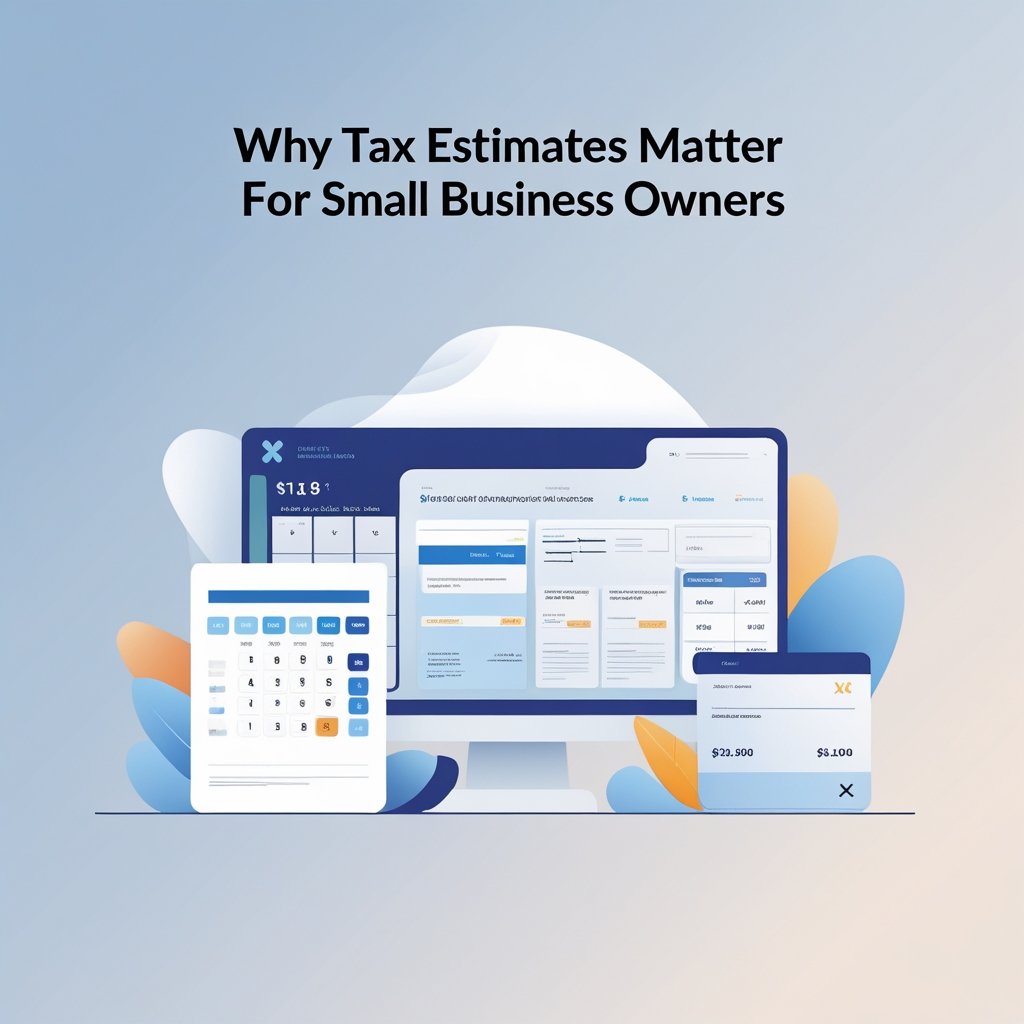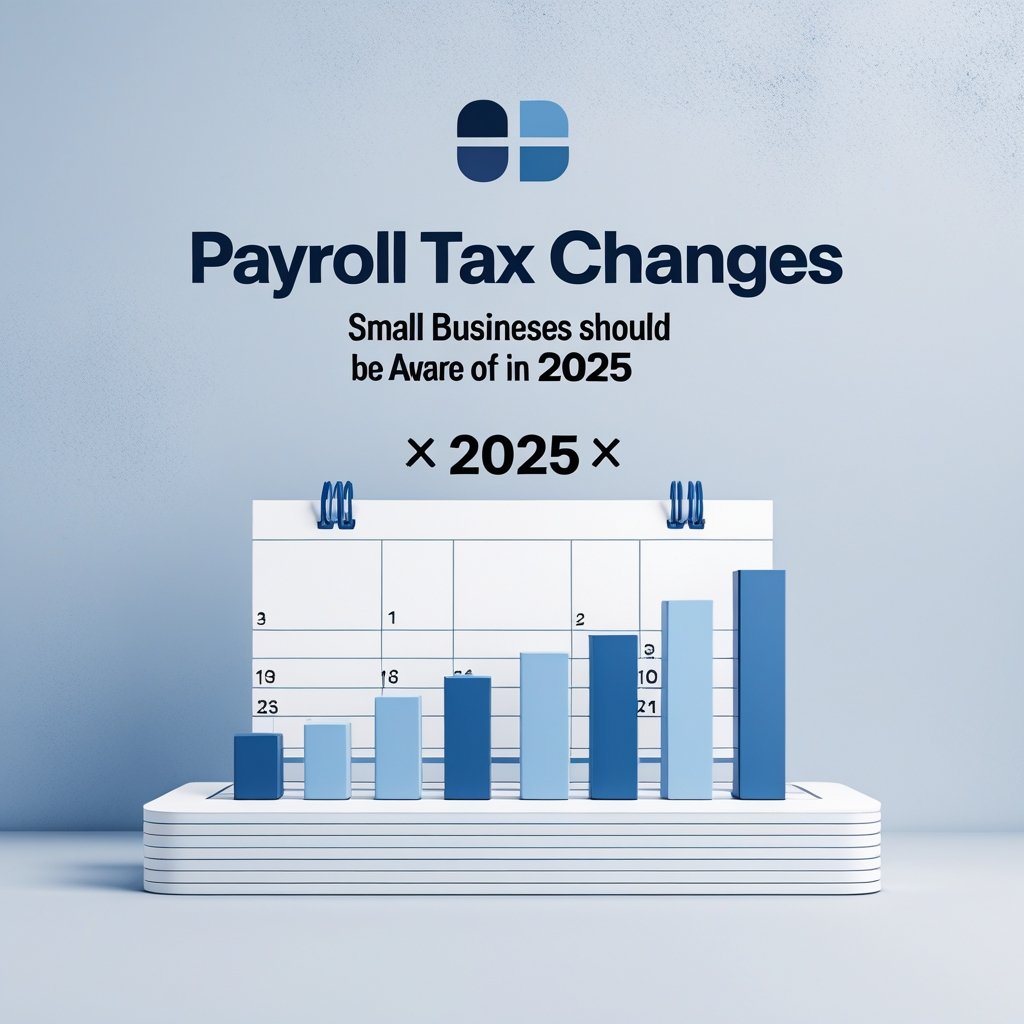Tax season can be a stressful time, especially with the ever-changing landscape of tax regulations. Keeping up with new rules and ensuring compliance is critical to avoid costly penalties. Here are some actionable tips to help you navigate these changes and file your taxes with confidence.
- Stay Informed About Tax Law Changes
Tax laws evolve frequently, and staying updated is crucial. In 2024, key changes include updated income thresholds, increased standard deductions, and modifications to tax credits like the Child Tax Credit and Earned Income Tax Credit.
- Tip: Regularly visit the IRS website or consult a tax professional to stay informed about changes that may impact your filing.
- File Your Taxes On Time
One of the most common reasons for penalties is late filing or late payments. The deadline for filing taxes in 2024 is April 15, but extensions are available if needed.
- Tip: If you can’t file by the deadline, submit IRS Form 4868 to request an extension. Remember, an extension to file is not an extension to pay.
- Double-Check Your Information
Errors in your tax return can lead to penalties or delayed refunds. Common mistakes include incorrect Social Security numbers, math errors, and misreporting income.
- Tip: Use tax preparation software or hire a professional to review your return before submission. Double-check all entries to ensure accuracy.
- Understand Reporting Requirements for Side Income
With the rise of the gig economy, many taxpayers are earning additional income through freelancing or platforms like Uber, Etsy, and Airbnb. For 2024, the IRS requires third-party payment platforms to report transactions exceeding $600 via Form 1099-K.
- Tip: Keep detailed records of all income and expenses related to your side hustle to ensure accurate reporting.
- Make Estimated Tax Payments if Necessary
If you’re self-employed or have income not subject to withholding, you may need to make quarterly estimated tax payments to avoid underpayment penalties.
- Tip: Use IRS Form 1040-ES to calculate and make estimated payments. Track due dates to avoid missing payments.
- Claim Deductions and Credits Accurately
While tax deductions and credits can lower your tax liability, claiming them incorrectly can trigger audits or penalties. For instance, home office deductions must meet specific criteria, and child tax credits require eligibility verification.
- Tip: Review IRS guidelines or consult a tax professional to ensure you qualify before claiming any deduction or credit.
- Beware of Scams and Fraud
Tax-related scams are on the rise, including phishing emails and phone calls from individuals pretending to be IRS agents. Falling victim to these scams can lead to financial loss and legal trouble.
- Tip: Remember that the IRS will never call or email you to demand immediate payment. Report suspicious activity to the IRS and monitor your tax account for unauthorized filings.
- Keep Organized Records
Disorganized records can lead to errors and omissions in your tax return. The IRS recommends keeping all tax-related documents, including receipts, W-2s, 1099s, and proof of deductions, for at least three years.
- Tip: Use digital tools or apps to organize and store your tax documents securely.
- Consult a Tax Professional
Navigating complex tax regulations can be overwhelming. A certified tax professional can provide personalized advice and ensure compliance with the latest rules.
- Tip: Choose a reputable tax preparer with a valid Preparer Tax Identification Number (PTIN) and a track record of reliable service.
- Respond Promptly to IRS Notices
If you receive a notice from the IRS, don’t ignore it. Common notices include requests for additional information or adjustments to your return.
- Tip: Address the notice promptly to resolve issues and avoid escalation. If necessary, seek professional assistance to respond appropriately.
The Riwa is your one-stop financial partner, providing reliable tax, payroll service. We help businesses and individuals across the USA.
Contact us: info@theriwa.com & Visit our website : theriwa.com






